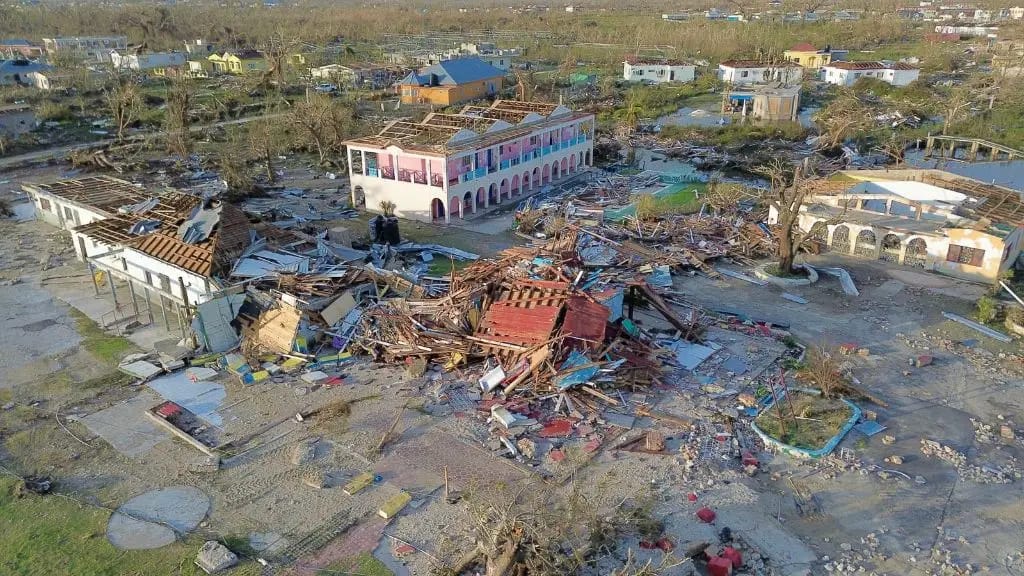Hurricane Melissa, one of the most devastating storms in recent history, has left a trail of destruction across the Caribbean, claiming nearly 50 lives and causing widespread damage. Early Friday, the storm began moving away from Bermuda, but its impact continues to be felt across the region. According to the National Hurricane Center (NHC), Melissa is expected to transition into an extratropical cyclone, bringing heavy rain and strong winds to the northeastern United States and eastern Canada. The storm has already caused catastrophic flooding, power outages, and structural damage in Jamaica, Cuba, Haiti, and the Dominican Republic. In Jamaica, the death toll has risen to 19, with significant damage reported in the parishes of Westmoreland and St. Elizabeth. Communications and transportation remain severely disrupted, hampering recovery efforts. In Haiti, the situation is dire, with 30 confirmed deaths, 20 injuries, and 20 people still missing. Over 1,000 homes have been flooded, displacing approximately 16,000 people. Cuba, already grappling with its worst economic crisis in decades, faced extensive flooding and property damage. Residents like Felicia Correa from La Trampa near El Cobre described the storm as ‘devastating,’ exacerbating existing hardships. A study by Imperial College London suggests that human-induced climate change made Hurricane Melissa four times more likely, highlighting the urgent need for climate action.
